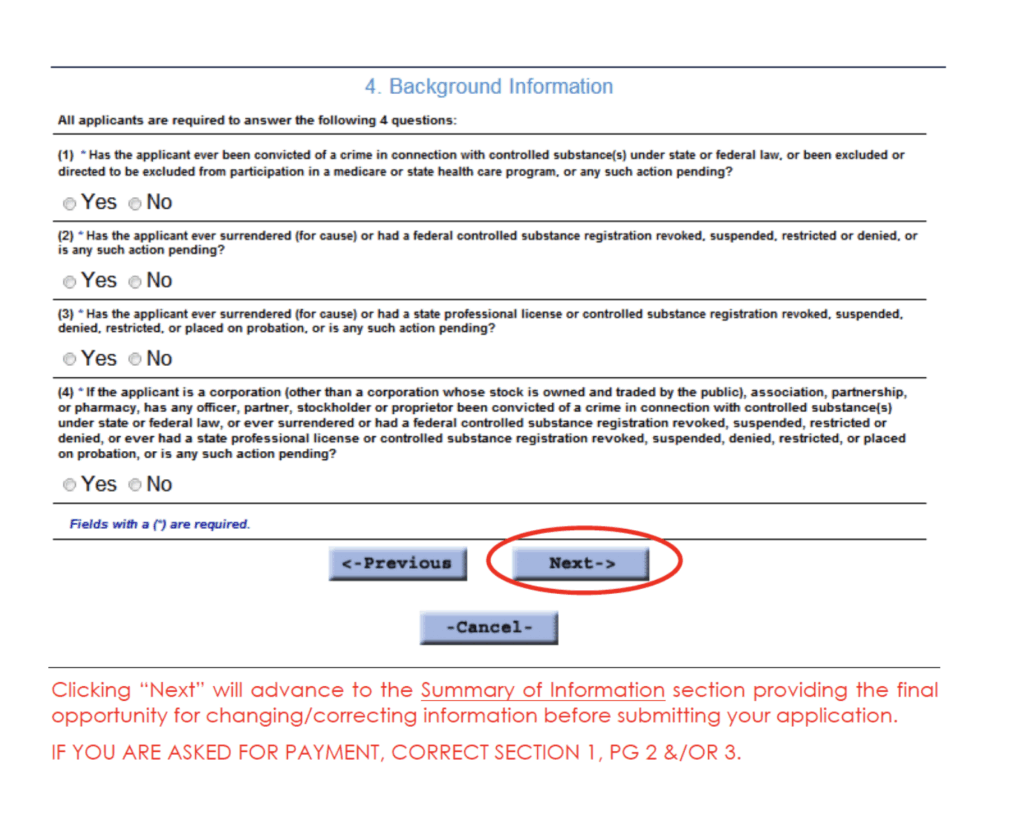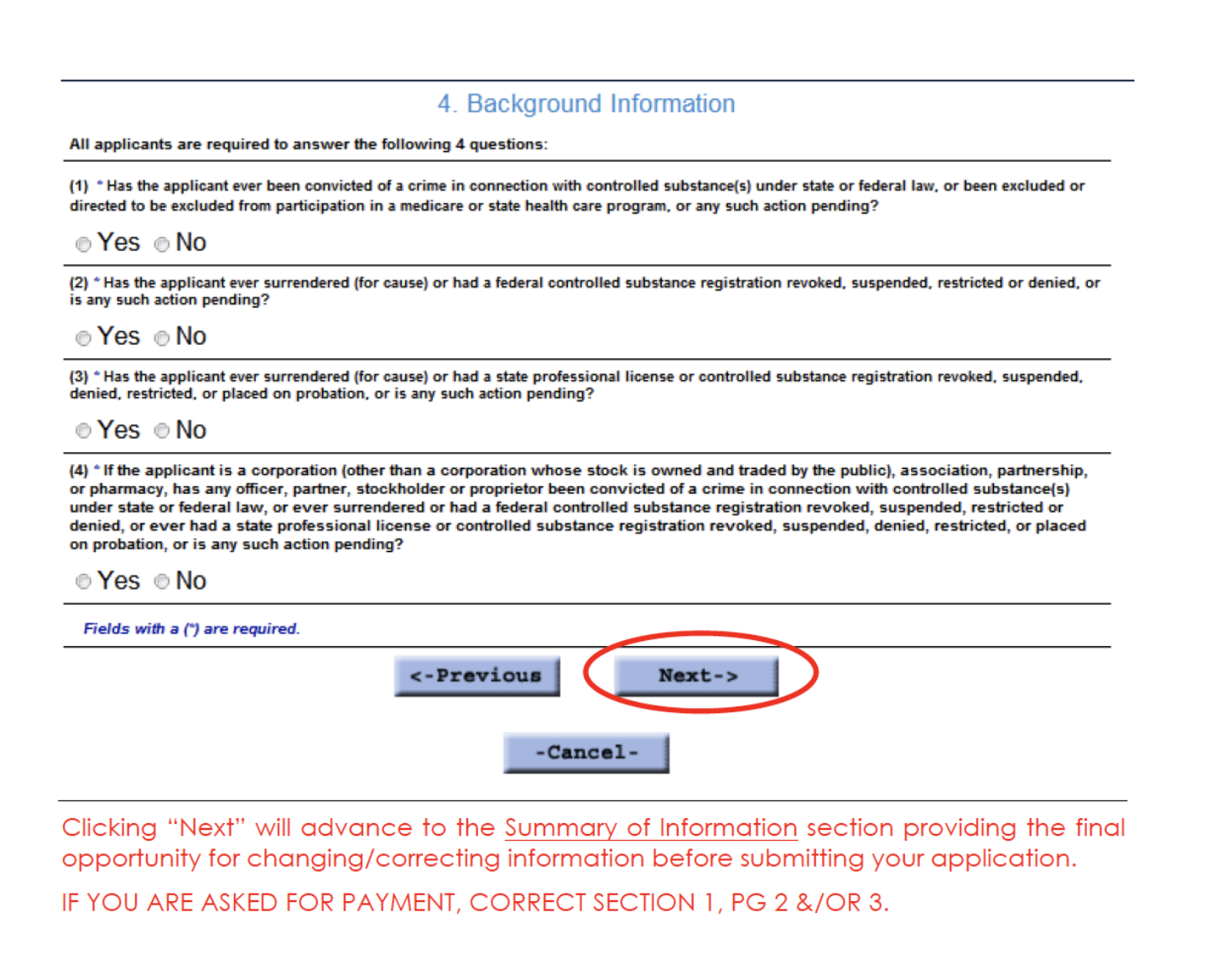
Understanding the DEA Certificate: A Comprehensive Guide
In the United States, the Drug Enforcement Administration (DEA) plays a crucial role in regulating the handling of controlled substances. A key aspect of this regulation is the DEA certificate, officially known as DEA registration. This document allows individuals and institutions to legally manufacture, distribute, prescribe, and dispense controlled substances. Navigating the complexities of the DEA certificate process can be daunting, so this guide provides a comprehensive overview.
What is a DEA Certificate?
A DEA certificate is a registration issued by the Drug Enforcement Administration (DEA) that permits individuals and entities to handle controlled substances. These substances are categorized into schedules based on their potential for abuse and accepted medical use. The DEA certificate ensures that only qualified and authorized individuals and entities are involved in the manufacture, distribution, prescription, and dispensing of these substances, helping to prevent diversion and misuse.
Without a valid DEA certificate, it is illegal to engage in activities involving controlled substances. This includes not only dispensing medications but also conducting research, manufacturing, or importing/exporting these substances. The DEA certificate is therefore critical for healthcare professionals, researchers, and pharmaceutical companies.
Who Needs a DEA Certificate?
Several categories of individuals and entities require a DEA certificate to legally handle controlled substances. These include:
- Physicians (MDs and DOs): If a physician intends to prescribe controlled substances, a DEA certificate is mandatory.
- Dentists: Similar to physicians, dentists need a DEA certificate to prescribe controlled substances for pain management or other dental procedures.
- Nurse Practitioners (NPs) and Physician Assistants (PAs): In most states, NPs and PAs require a DEA certificate to prescribe controlled substances, although the specific regulations may vary by state.
- Pharmacists: Pharmacies and pharmacists need a DEA certificate to dispense controlled substances to patients.
- Researchers: Scientists and researchers who use controlled substances in their research require a DEA certificate.
- Manufacturers and Distributors: Companies that manufacture, repackage, or distribute controlled substances must obtain a DEA certificate.
- Veterinarians: Veterinarians who prescribe or administer controlled substances to animals also need a DEA certificate.
Applying for a DEA Certificate: A Step-by-Step Guide
The process of applying for a DEA certificate involves several steps:
Step 1: Determine Eligibility
Before applying, ensure you meet the eligibility requirements. This typically includes having a valid state license to practice in your profession and a clean criminal record. The DEA conducts thorough background checks to ensure that applicants are of good moral character and have not been involved in any activities that would disqualify them from handling controlled substances.
Step 2: Complete the Application Form
The DEA provides specific application forms based on the type of activity you intend to engage in (e.g., prescribing, manufacturing, research). You can find these forms on the DEA’s website. Carefully complete the application form, providing accurate and truthful information. Any false statements or omissions can lead to the denial of your application.
Step 3: Submit the Application and Fee
Once the application is completed, submit it to the DEA along with the required fee. The fee varies depending on the type of registration. You can typically submit the application online or by mail. Ensure that you follow the DEA’s instructions for submitting the application and payment.
Step 4: Await DEA Review and Inspection
After submitting your application, the DEA will review it and may conduct an inspection of your premises. This inspection is to ensure that you have adequate security measures in place to prevent the diversion of controlled substances. The DEA may also conduct interviews with you and your staff.
Step 5: Receive Your DEA Certificate
If your application is approved, the DEA will issue a DEA certificate. This certificate will specify the controlled substance schedules you are authorized to handle and any restrictions on your activities. The DEA certificate is valid for a specific period (typically three years for practitioners) and must be renewed before it expires.
Understanding DEA Schedules
Controlled substances are classified into five schedules (Schedule I, II, III, IV, and V) based on their potential for abuse and accepted medical use. Schedule I substances have the highest potential for abuse and no accepted medical use, while Schedule V substances have the lowest potential for abuse and are widely used in medicine. Your DEA certificate will specify which schedules you are authorized to handle. For example, a physician may be authorized to prescribe Schedule II-V substances, while a researcher may be authorized to use Schedule I substances for research purposes.
Maintaining Compliance with DEA Regulations
Obtaining a DEA certificate is just the first step. It is crucial to maintain compliance with DEA regulations throughout the duration of your registration. This includes:
- Secure Storage: Controlled substances must be stored in a securely locked cabinet or safe to prevent theft or diversion.
- Accurate Record-Keeping: Maintain accurate records of all controlled substances received, dispensed, or administered. These records must be readily available for inspection by the DEA.
- Reporting Theft or Loss: Immediately report any theft or loss of controlled substances to the DEA.
- Proper Disposal: Dispose of expired or unused controlled substances in accordance with DEA regulations. [See also: DEA Drug Disposal Guidelines]
- Renewal: Renew your DEA certificate before it expires to avoid any lapse in your authorization to handle controlled substances.
Consequences of Violating DEA Regulations
Violating DEA regulations can have serious consequences, including:
- Civil Penalties: Fines and other monetary penalties.
- Criminal Charges: In severe cases, criminal charges may be filed, leading to imprisonment.
- Revocation of DEA Certificate: The DEA can revoke your DEA certificate, preventing you from handling controlled substances in the future.
- Loss of Professional License: State licensing boards may suspend or revoke your professional license if you violate DEA regulations.
The Importance of Consulting with Legal Counsel
Given the complexities of DEA regulations and the potential consequences of non-compliance, it is highly recommended to consult with legal counsel experienced in DEA matters. An attorney can provide guidance on the application process, help you understand your obligations under DEA regulations, and represent you in any enforcement actions brought by the DEA. This is especially important if you are facing allegations of wrongdoing or have been notified of a DEA investigation.
Common Mistakes to Avoid When Applying for a DEA Certificate
Several common mistakes can delay or even lead to the denial of a DEA certificate application. Avoiding these mistakes can streamline the process and increase your chances of approval:
- Incomplete Application: Ensure that all sections of the application are completed accurately and thoroughly. Missing information is a common reason for delays.
- Incorrect Information: Double-check all information provided on the application, including your name, address, and professional license number. Inaccurate information can raise red flags with the DEA.
- Failure to Disclose Criminal History: Be honest and upfront about any criminal history, even if you believe it is minor. The DEA will conduct a background check, and failing to disclose relevant information can be viewed as an attempt to deceive the agency.
- Lack of Security Measures: Ensure that you have adequate security measures in place to prevent the diversion of controlled substances. This includes secure storage, inventory control, and employee screening procedures.
- Ignoring State Regulations: Remember that state regulations may impose additional requirements for handling controlled substances. Be sure to comply with both federal and state laws.
The Future of DEA Regulation
The landscape of DEA regulation is constantly evolving, driven by factors such as the opioid crisis, the rise of telehealth, and the increasing use of controlled substances in research. It is important to stay informed about these changes and adapt your practices accordingly. The DEA regularly updates its regulations and guidance documents, so be sure to check the agency’s website for the latest information. [See also: DEA Regulatory Updates]
Conclusion
The DEA certificate is essential for anyone involved in the handling of controlled substances. Understanding the application process, maintaining compliance with DEA regulations, and seeking legal counsel when necessary are crucial steps to ensure that you can legally and safely engage in these activities. By following the guidelines outlined in this comprehensive guide, you can navigate the complexities of the DEA certificate process with confidence and avoid the serious consequences of non-compliance. Obtaining and maintaining a valid DEA certificate ensures the responsible and legal handling of controlled substances, contributing to public safety and the prevention of drug abuse. The DEA certificate is more than just a piece of paper; it represents a commitment to adhering to the highest standards of professional conduct and regulatory compliance. Always prioritize patient safety and follow the DEA’s guidelines to maintain your DEA certificate in good standing. Remember that your DEA certificate is a privilege, not a right, and it can be revoked if you fail to comply with the regulations. By staying informed and proactive, you can protect your DEA certificate and continue to provide valuable services to your patients and community. The DEA certificate is a key component of the broader effort to combat drug abuse and ensure that controlled substances are used only for legitimate medical and scientific purposes.

